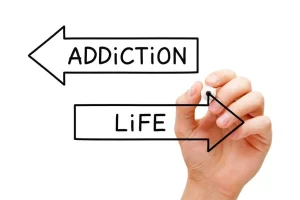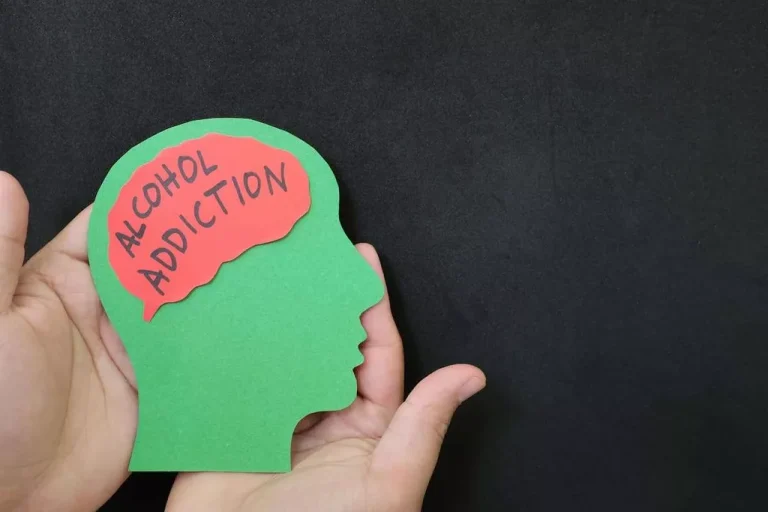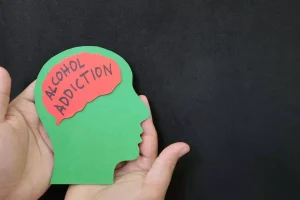
One strength of mindfulness is that you can practice it anywhere and at any time. You don’t have meditation for addiction recovery to adopt a particular belief system or invest a great deal of time and energy to take advantage of this expanded awareness. You only need to be willing to try new ways of experiencing the world.
- Meditation also helps to expand a person’s perspective, allowing them to assess their thoughts and feelings from multiple angles.
- Although it has many forms, meditation is usually practiced by sitting and quietly observing your body or thoughts.
- Receive daily mindfulness meditations, worksheets and infographics to make every day mindful.
- While we have outlined one basic philosophy / form of meditation in the links below, if you already have a proven meditation technique — then we encourage you to combine & enhance it with our audio technology.
Addictions and Disorders
Once you’ve grown more comfortable with meditating on your own, consider signing up for in-person or online meditation classes. This can help introduce you to new techniques and can provide a way to meet other people who share your interest. If meditating brings up any stressful thoughts or feelings, write these down as well. You can mention these to a licensed therapist and work on addressing them in your sessions. This could be a specific time of day or after a daily occurrence, such as after dinner or before bed.
How to Practice Mindfulness and Meditation in Recovery

Consider an opioid-misusing chronic pain patient who used opioids to self-medicate depression and loneliness. After using mindfulness skills to successfully titrate off opioids with the help of her primary care provider, she began exercise therapy which she found helped with her pain and social isolation. One day she has a fall, which landed her in the emergency room with a broken ankle. Without knowing the patient’s opioid misuse history, the attending physician unwittingly =https://ecosoberhouse.com/ prescribes an opioid medication and advises the patient to wait several weeks before resuming physical activity. As a result of the self-awareness cultivated through daily mindfulness practice, the patient may recognize the cravings that arise as she holds the prescription slip in her hand. To prevent relapse, she might use mindfulness skills to deconstruct the experience of craving and contemplate the consequences of relapse versus maintaining abstinence.

Find Peace Through Mindfulness in Meditation During Addiction Recovery
Browse daily passages from our most popular meditation books to find your inspiration today. Receive daily mindfulness meditations, worksheets and infographics to make every day mindful. Receive daily mindfulness meditations, worksheets and more what is alcoholism to help you start each day mindful.

Center Spotlight

They describe it as a comforting, uplifting daily affirmation book for those recovering. Meditation is the intentional practice of focusing one’s attention to calm the mind and improve overall well-being. Having a quiet and calming space to meditate will help you achieve the best meditation experience. Meditating in the same place every day or even creating your own personal meditation area can give you peace of mind, especially if it is an environment that comforts and calms you.
- Understanding what triggers your cravings or causes you to feel down is good so you can avoid those habits or thoughts and curate your day-to-day.
- As this happens, start setting intentions for yourself as you meditate – such as resolving to let go of anger or working on being more patient.
- We discuss the etiology of addiction and neurocognitive processes related to the development and maintenance of SUDs.
Research Different Types of Meditation
Before she decides to attend the party, she could practice mindfulness to decrease stress and become aware of any craving-related thoughts, feelings, and bodily sensations. If she chooses to attend the party, she can use mindfulness to monitor and regulate her experience of craving in response to substance-related cues. We argue that mindfulness is particularly suited for relapse prevention. To prevent relapse, individuals may be able to use mindfulness to cultivate an awareness of when substance use habits are triggered by substance cues even after an extended period of abstinence. For instance, monitoring their affective state, and knowing that increased stress, despair, or anger increases relapse risk, the individual may use mindfulness to contemplate the reasons they want to maintain their recovery.
Six Types of Meditation for Addiction Recovery
- Below, we’ll explore the transformative role of meditation in overcoming addiction.
- Improvements in emotional regulation from mindfulness meditation have been demonstrated through personal reports, physiology, and neuroimaging methods (looking at images of physical changes in your brain).
- Meditation does not need to take up a large amount of time or emotional intensity.
- One day she has a fall, which landed her in the emergency room with a broken ankle.
You may consider whether you want to do this meditation daily on your own or sometimes attend local meditation classes or use a guided meditation. Other benefits of meditation therapy include altering brainwaves, which contribute to improved psychological function and reduced cortisol, the body’s stress hormone. Meditation does not need to take up a large amount of time or emotional intensity. You can practice meditation by simply sitting in a quiet room and breathing deeply, focusing on your body and thoughts, and observing them.